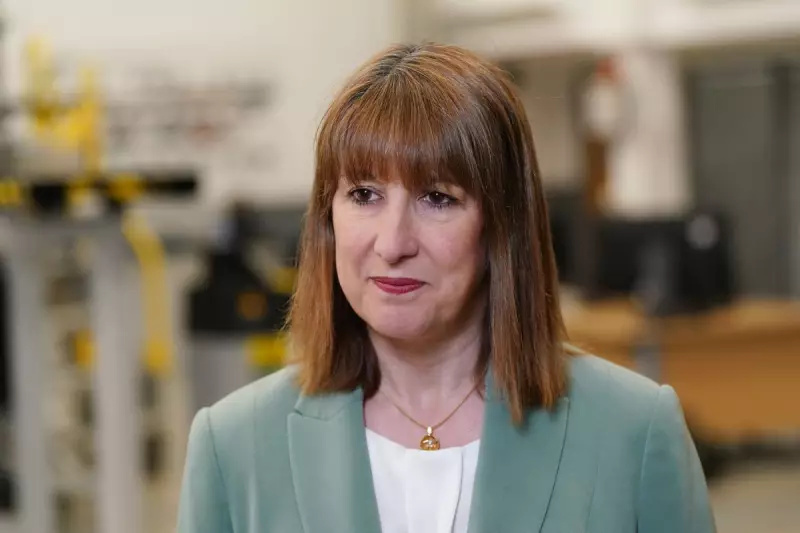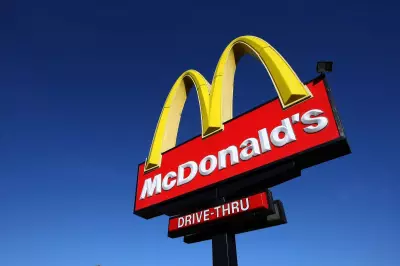
Shadow Chancellor Rachel Reeves has firmly ruled out introducing a wealth tax if Labour comes to power, despite growing calls for such a measure to address economic inequality. However, she warned that tough decisions, including possible welfare cuts, may be necessary to stabilise the UK's finances.
No Wealth Tax, but Tough Choices Loom
In a recent interview, Reeves made it clear that Labour would not implement a wealth tax, arguing that it could harm economic growth and investment. Instead, she emphasised the need for fiscal responsibility, suggesting that difficult trade-offs—such as reviewing welfare spending—may be unavoidable.
Welfare Cuts on the Table?
While Reeves did not specify which welfare policies could face cuts, her comments have sparked concern among campaigners who fear reductions in support for vulnerable households. The Shadow Chancellor stressed that Labour’s priority would be economic stability, but critics argue that austerity measures could disproportionately affect low-income families.
Labour’s Economic Strategy
Reeves reiterated Labour’s commitment to growth-focused policies, including investment in green energy and infrastructure. However, she acknowledged that without significant economic improvements, further belt-tightening may be required. This stance has drawn mixed reactions, with some praising her pragmatism and others accusing her of abandoning progressive principles.
Political Reactions
Conservative MPs have seized on Reeves’ remarks, claiming they expose Labour’s lack of clear economic alternatives. Meanwhile, left-wing Labour members have expressed disappointment, arguing that the party should be bolder in taxing wealth and corporations.
As the budget debate intensifies, all eyes will be on how Labour balances fiscal discipline with social justice—a challenge that could define its economic credibility ahead of the next election.





